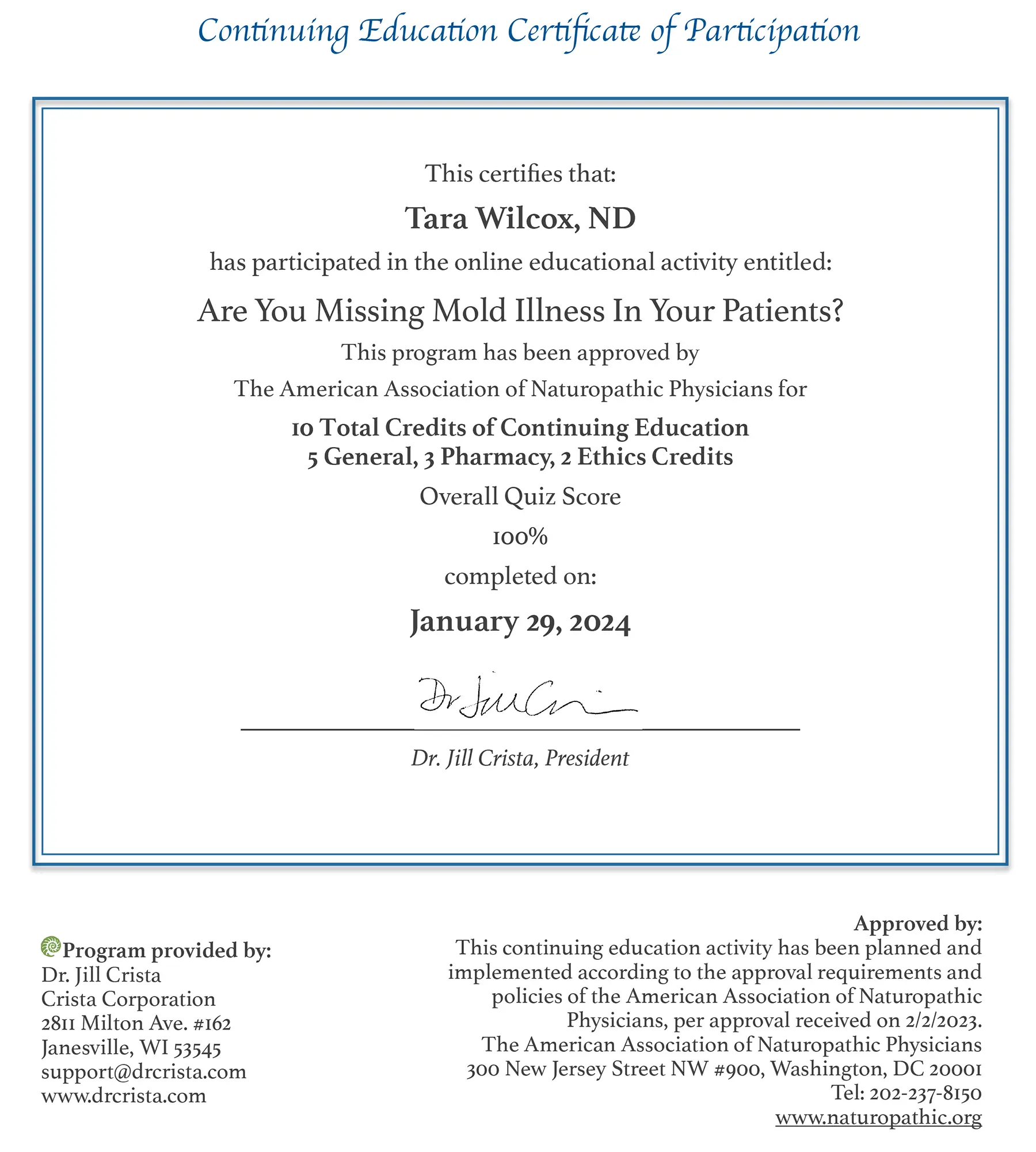Hey there! Welcome to our guide on naturopathy, where we’ll tackle all your burning questions. Naturopathic medicine is all about taking a holistic approach to your health, using natural remedies and therapies to help you heal and feel your best. Let’s get started then, shall we?
What is Naturopathy?
Naturopathy, also known as naturopathic medicine, is a form of alternative medicine that emphasizes the body’s innate ability to heal itself. It combines traditional healing methods with modern scientific knowledge to treat the whole person—mind, body, and spirit.
Principles of Naturopathic Medicine
Naturopathic medicine is grounded in several key principles:
- First, do no harm: Use the least invasive and least toxic therapies.
- The healing power of nature: Trust in the body’s inherent wisdom to heal itself.
- Identify and treat the cause: Look beyond symptoms to the underlying cause.
- Doctor as teacher: Educate patients on health and wellness.
- Treat the whole person: Consider all factors affecting health.
- Prevention: Focus on overall wellness and disease prevention.
Common Questions About Naturopathy
What conditions can naturopathy treat?
Naturopathy can address a wide range of health issues, including:
- Allergies
- Digestive disorders
- Hormonal imbalances
- Chronic fatigue syndrome
- Arthritis
- Mental health conditions like anxiety and depression
How does a naturopathic doctor differ from a conventional doctor?
Naturopathic doctors (NDs) are trained in both conventional and natural medicine. They focus on holistic, patient-centered care, emphasizing prevention and self-healing through natural therapies. While conventional doctors often focus on treating symptoms, NDs aim to treat the underlying cause of illness.
Naturopathic Treatments and Therapies
Herbal Medicine
Herbal medicine uses plants and plant extracts to promote health and treat illness. It has been used for centuries and is a cornerstone of naturopathic medicine.
Benefits of Herbal Medicine
Herbal remedies can:
- Support the immune system
- Reduce inflammation
- Improve digestion
- Enhance mental clarity and mood
Commonly Used Herbs
Some popular herbs in naturopathic medicine include:
- Echinacea: Boosts the immune system
- Turmeric: Reduces inflammation
- Ginger: Aids digestion
- Lavender: Promotes relaxation
Acupuncture
Acupuncture is a traditional Chinese medicine technique that involves inserting thin needles into specific points on the body to balance the flow of energy (qi).
How Acupuncture Works
Acupuncture stimulates the body’s natural healing processes by:
- Increasing blood flow
- Reducing pain
- Enhancing immune function
Benefits of Acupuncture
Acupuncture can be effective for:
- Pain management
- Stress reduction
- Improving sleep
- Alleviating headaches
Homeopathy
Homeopathy is based on the principle of “like cures like,” using highly diluted substances to trigger the body’s healing response.
Principles of Homeopathy
- Minimum dose: Use the smallest amount needed to stimulate healing.
- Single remedy: Use one remedy at a time.
- Individualized treatment: Tailor treatment to the individual’s unique symptoms.
Effectiveness of Homeopathic Treatments
While controversial, some studies suggest homeopathy can be effective for certain conditions, such as allergies, migraines, and irritable bowel syndrome.
Nutrition and Lifestyle Counseling
Nutrition and lifestyle play a critical role in naturopathic medicine. NDs provide personalized dietary and lifestyle recommendations to support overall health.
Importance of Nutrition
A balanced diet rich in whole foods can:
- Boost energy levels
- Improve digestion
- Support immune function
- Enhance mental clarity
How Lifestyle Changes Can Improve Health
Incorporating healthy habits such as regular exercise, adequate sleep, and stress management can significantly improve well-being.
Safety and Effectiveness of Naturopathy
Are Naturopathic Treatments Safe?
Naturopathic treatments are generally safe when administered by a qualified ND. It’s important to consult with a healthcare professional before starting any new treatment.
Scientific Evidence Supporting Naturopathy
There is growing evidence supporting the effectiveness of naturopathic treatments. Studies have shown that naturopathy can be beneficial for managing chronic conditions, improving quality of life, and reducing the need for conventional medications.
Finding a Qualified Naturopathic Doctor
How to Choose the Right Naturopathic Doctor
When choosing an ND, consider their:
- Credentials and training
- Areas of specialization
- Treatment philosophy
- Patient reviews and testimonials
Questions to Ask a Potential Naturopath
- What is your approach to treating my condition?
- How many treatments will I need?
- Are your treatments covered by insurance?
- Can you provide references from other patients?
Patient Experiences
Testimonials and Success Stories
Hearing from other patients can provide valuable insights into the effectiveness of naturopathic treatments. Many people have found relief from chronic conditions and improved their overall health through naturopathy.
Common Misconceptions About Naturopathy
Myths vs. Facts
- Myth: Naturopathy is not based on science. Fact: Naturopathy combines traditional healing practices with modern scientific knowledge.
- Myth: Naturopathic treatments are not effective. Fact: Many naturopathic treatments have been proven effective for various conditions.
Integrating Naturopathy with Conventional Medicine
How Naturopathy Can Complement Conventional Treatments
Naturopathy can work alongside conventional medicine to provide comprehensive care. For example, acupuncture can help manage pain while conventional treatments address the underlying cause.
Case Studies of Integrated Care
Case studies show that integrating naturopathy with conventional treatments can lead to better outcomes, such as reduced pain, improved mobility, and enhanced quality of life.
The Future of Naturopathy
Trends in Naturopathic Medicine
- Increasing popularity of holistic health approaches
- Growing demand for personalized medicine
- Advances in herbal medicine research
Innovations and Research
Ongoing research is uncovering new insights into the benefits of naturopathic treatments, leading to innovations in herbal medicine, nutrition, and mind-body therapies.
Final Thoughts
Naturopathic medicine offers a holistic approach to health that can complement conventional treatments and improve overall well-being. By addressing the root cause of illness and promoting natural healing, naturopathy provides a pathway to better health. We encourage you to explore the benefits of naturopathic care and consider incorporating natural remedies into your health regimen.
FAQs
Are naturopathic treatments covered by insurance? Coverage varies by provider and plan. It’s best to check with your insurance company.
How often should I see a naturopathic doctor? The frequency of visits depends on your individual health needs. Your ND will provide a personalized treatment plan.
Can naturopathy help with chronic conditions? Yes, naturopathic treatments can be effective for managing chronic conditions such as arthritis, digestive disorders, and hormonal imbalances.
What should I expect during my first visit? During your first visit, your ND will take a comprehensive health history, discuss your symptoms, and develop a personalized treatment plan.
How do I know if naturopathy is right for me? Consult with a naturopathic doctor to discuss your health goals and concerns. They can help determine if naturopathy is a suitable approach for you.



